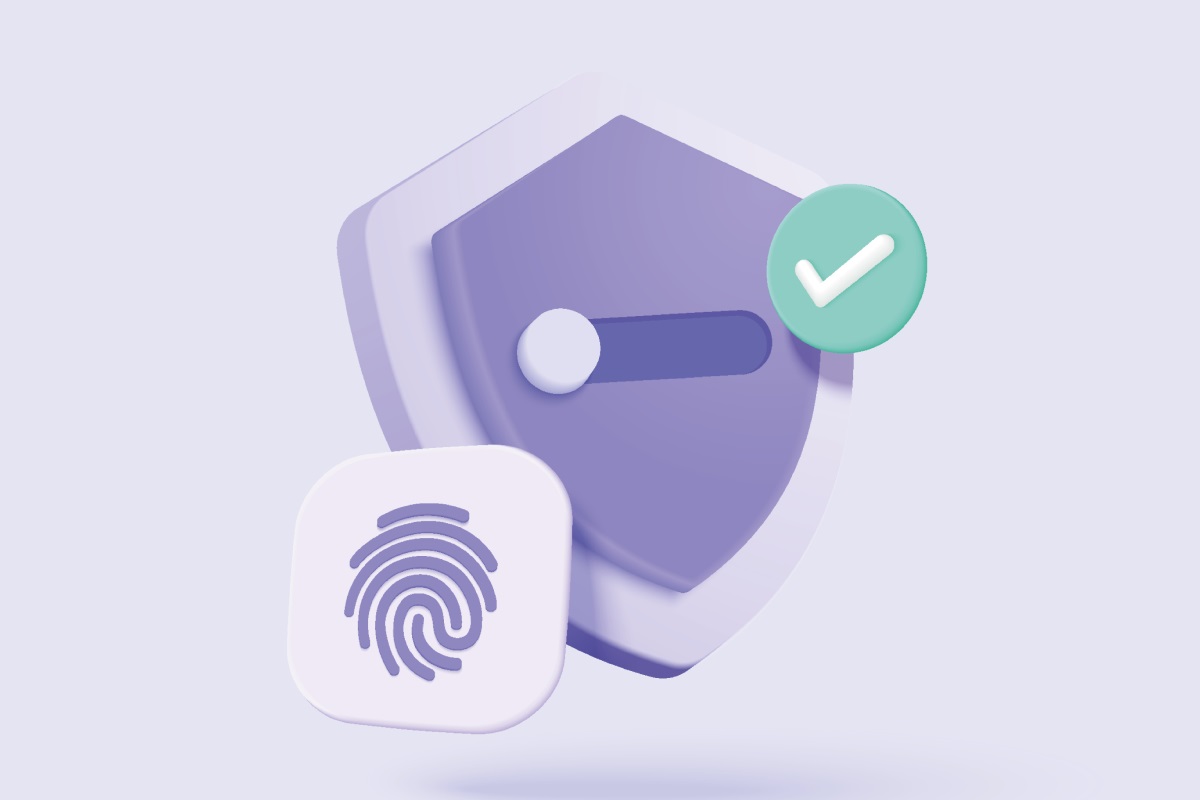Home>Software and Apps>Uninterrupted VPN: Stay Connected at All Times


Software and Apps
Uninterrupted VPN: Stay Connected at All Times
Modified: September 5, 2024
Ensure seamless connectivity with our uninterrupted VPN software and apps. Stay connected at all times with our reliable VPN solutions.
(Many of the links in this article redirect to a specific reviewed product. Your purchase of these products through affiliate links helps to generate commission for Techsplurge.com, at no extra cost. Learn more)
Table of Contents
What is a VPN?
A VPN, or Virtual Private Network, creates a secure and encrypted connection between your device and a VPN server. This connection masks your IP address, making it appear as though you are accessing the internet from a different location. VPNs protect online activities from prying eyes, including hackers, ISPs, and government agencies.
How Does a VPN Work?
Using a VPN involves a few straightforward steps:
- Subscription and Download: Subscribe to a VPN service and download the VPN software or app onto your device.
- Connection Establishment: Launch the VPN app to establish a secure connection to the VPN server.
- Encryption: All internet traffic gets encrypted, ensuring data transmitted between your device and the VPN server remains private.
- IP Address Masking: The VPN server assigns a new IP address, making it difficult for anyone to track online activities.
- Data Transmission: Encrypted data transmits through the VPN server, which then forwards it to its final destination on the internet.
Benefits of Using a VPN
Using a VPN offers numerous advantages:
- Enhanced Security: Encrypting internet traffic protects data from interception by hackers and other malicious actors.
- Anonymity: Masking your IP address helps maintain anonymity online, making it harder for advertisers, ISPs, and governments to track activities.
- Access to Geo-Restricted Content: Bypass geo-restrictions by making it appear as though you are accessing the internet from a different country.
- Protection Against ISP Throttling: Encrypting traffic makes it harder for ISPs to detect and throttle certain types of traffic, such as torrenting or streaming.
- Secure Public Wi-Fi: Provides a secure connection even when using public Wi-Fi networks, which are often unsecured and vulnerable to hacking.
Types of VPNs
Several types of VPNs cater to different needs:
Consumer VPNs
Designed for individual use, these are available as software or apps and can be installed on devices like laptops, smartphones, and tablets.
Business VPNs
These provide additional features such as centralized management, multi-factor authentication, and advanced security protocols, catering to organizational needs.
Mobile VPNs
Specifically designed for mobile devices, these offer features like automatic connection and seamless switching between different networks.
Wireless VPNs
Used in wireless networks to provide secure connections over wireless links.
Choosing the Right VPN
With many options available, choosing the right VPN can be overwhelming. Consider these key factors:
- Security Features: Look for VPNs using strong encryption protocols like AES-256 and offering features such as kill switches and DNS leak protection.
- Server Locations: Ensure the VPN has servers in multiple locations worldwide to provide access to geo-restricted content.
- Speed and Performance: Some VPNs can slow down internet speed due to encryption. Look for VPNs offering fast speeds and low latency.
- Customer Support: Good customer support is essential in case of any issues with the VPN.
- Privacy Policy: Check the VPN's privacy policy to ensure they do not log activities or share data with third parties.
Popular VPN Services
Several popular VPN services are available, each with its own set of features and benefits:
- ExpressVPN: Known for fast speeds and strong security features.
- NordVPN: Offers advanced security features like double encryption and a strict no-logs policy.
- ProtonVPN: Known for high levels of security and transparency, favored by privacy-conscious users.
- TunnelBear VPN: Offers a user-friendly interface and a free version with limited data.
Common VPN Myths
Several myths surrounding VPNs need debunking:
- Myth: Using a VPN Slows Down Internet Speed: While encryption does slow down internet speed slightly, many modern VPNs minimize this impact.
- Myth: All VPNs Are Created Equal: Different VPNs offer varying levels of security and performance. Research and compare different options.
- Myth: VPNs Are Only for Torrenting: While some users use VPNs for torrenting, they are also useful for protecting against hacking, ISP throttling, and accessing geo-restricted content.
Additional Tips
- Regularly Update Your VPN Software: Regular updates ensure the VPN remains secure and functional.
- Use Strong Passwords: Use strong, unique passwords for your VPN account to prevent unauthorized access.
- Monitor Your Data Usage: Keep an eye on data usage to avoid exceeding your data cap, especially if using a free VPN.
- Choose a Reputable VPN Provider: Research the reputation of the VPN provider before subscribing to ensure they have a good track record of security and customer support.
By following these tips and choosing the right VPN, you can enjoy uninterrupted and secure internet access at all times.

